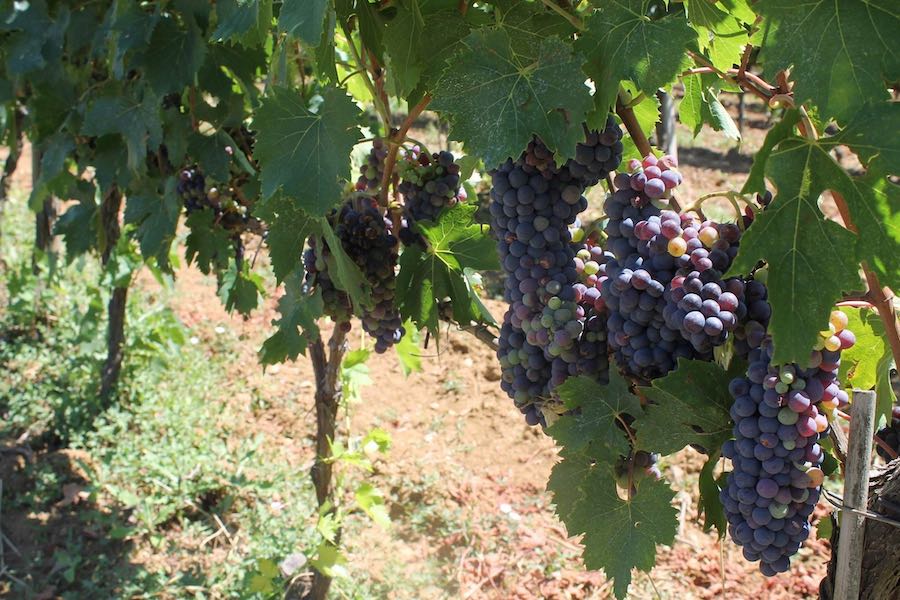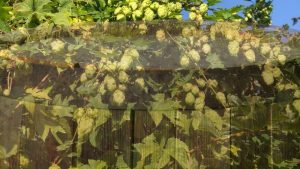Sustainability is becoming increasingly important in German viticulture. It is important to consider aspects of ecology, economics, and social issues in the wine industry as well. Several programs for sustainable wine production have been developed around the world in recent years.
How do sustainability-oriented wineries work?
Wineries that operate sustainably strive to continuously optimize their entire management, external operations, winery management, and marketing within the framework of a holistic sustainability approach.
Every step of the work, from pruning to shipping, must be regularly examined and improved.
In outdoor operations, this means using pesticides and fertilizers only as needed and taking environmental protection criteria into consideration. The motto here is “as much as necessary, as little as possible.” Thin-walled bottles and screw caps are used in bottled wine production because they are more economical to manufacture and transport. During marketing, care is taken to ensure that transport companies are hired to work sustainably, rather than bringing the wines in with their own vans. Efforts are being made in all areas to conserve resources as much as possible, for example by switching to green electricity. This affects not only the ecological aspects but also the economic aspects, as costs are reduced in this way. Social aspects have an impact, for example through fair pay for employees and opportunities for further training or through preserving the cultural landscape.
What is the difference between organic and sustainable farming?
The difference between the purely ecological cultivation method and sustainable wine industry is that only environmentally relevant aspects are recorded in the cultivation guidelines when certifying ecological enterprises, but social and economic aspects are not taken into consideration. On the other hand, a sustainable wine economy also includes aspects of ecological viticulture.
Sustainability initiatives and management systems
FAIR'N GREEN
Several programs for sustainable wine management have been developed around the world in the last two decades. In 2013, the FAIR’N GREEN association was founded based in Bonn, Germany. It decided to develop a holistic system for sustainable viticulture. It is necessary to establish verifiably the processes in the winery and to operate them permanently in order to continuously optimize the entire operational process. As members of FAIR’N GREEN, wineries benefit from the exchange of knowledge, best practice solutions, and company-specific assessments. The FAIR’N GREEN sustainability system is of interest to both conventional and green companies, regardless of how the wineries operate. To date, about 50 companies have been certified according to the FAIR’N GREEN guidelines, including many well-known German wineries that recognize their responsibility for the environment and future generations and are publicly committed to sustainability.
FAIR’N GREEN was developed in close contact with practice and science. There is a catalogue of criteria and external certification. A high degree of transparency is intended. who thereby recognize their responsibility for the environment and future generations and are publicly committed to sustainability. FAIR’N GREEN was developed in close contact with practice and science. There are a criteria catalogue and external certification. A high degree of transparency is aimed at. who thereby recognize their responsibility for the environment and future generations and publicly commit themselves to sustainability. FAIR’N GREEN was developed in close contact with practice and science.
What Sustainable Viticulture Means
Environmental protection and near-natural viticulture
Promotion of biodiversity
Protection of natural resources
Fair wages and social commitment
Social responsibility
Preservation and promotion of the cultural landscape
German Institute for Sustainable Development
The Institute for Sustainable Development (DINE) was founded in 2009 as an affiliate of Heilbronn University. Its mission is to conduct and promote research and development in the field of sustainable management in the priority areas of tourism, logistics and viticulture.
Sustainable management is measured and evaluated using economic, ecological, and social parameters. The German Institute for Sustainable Development sees itself as a platform for dialogue between all those involved in the economic process around sustainable development in the field of tourism and education, logistics, and the wine industry.












